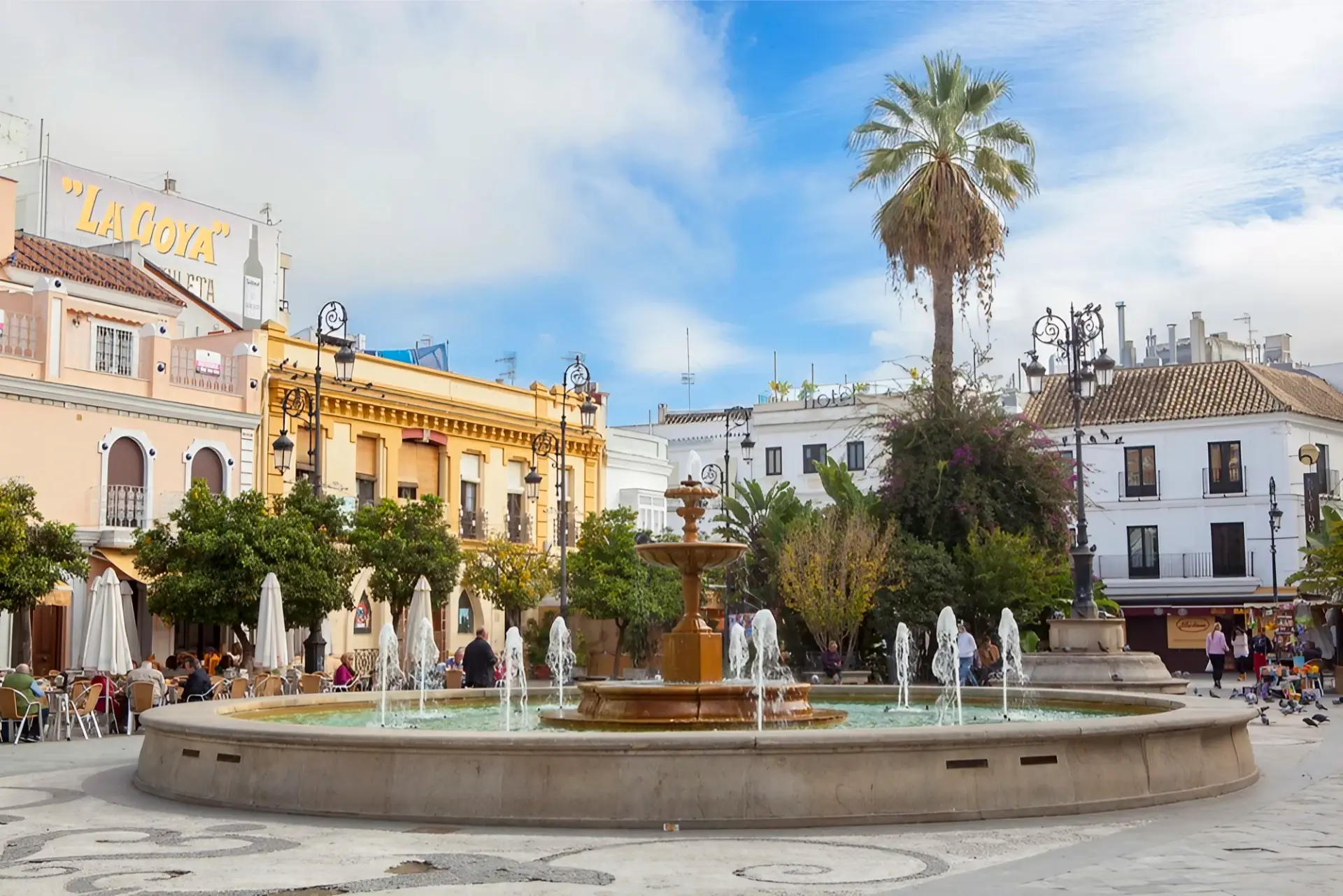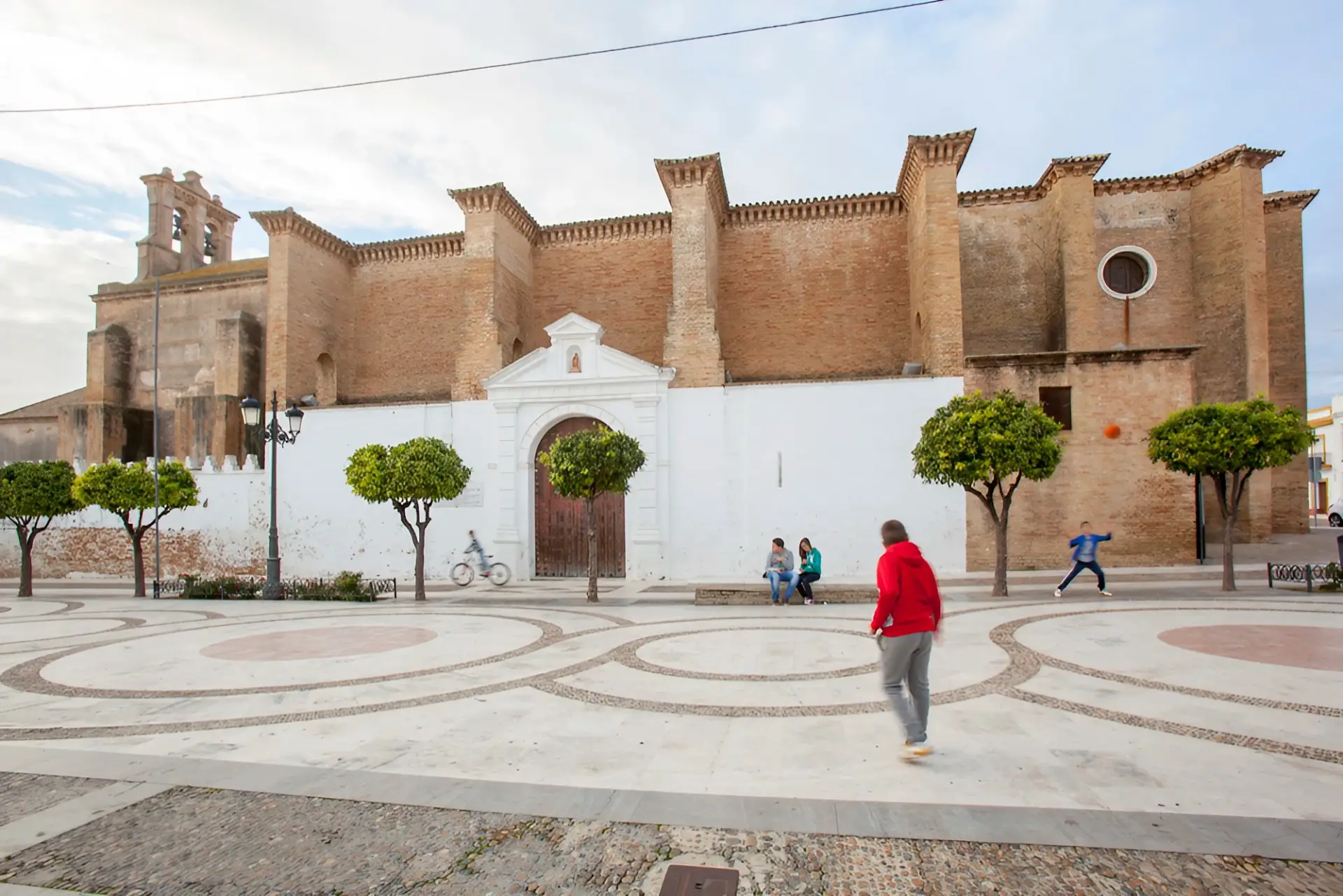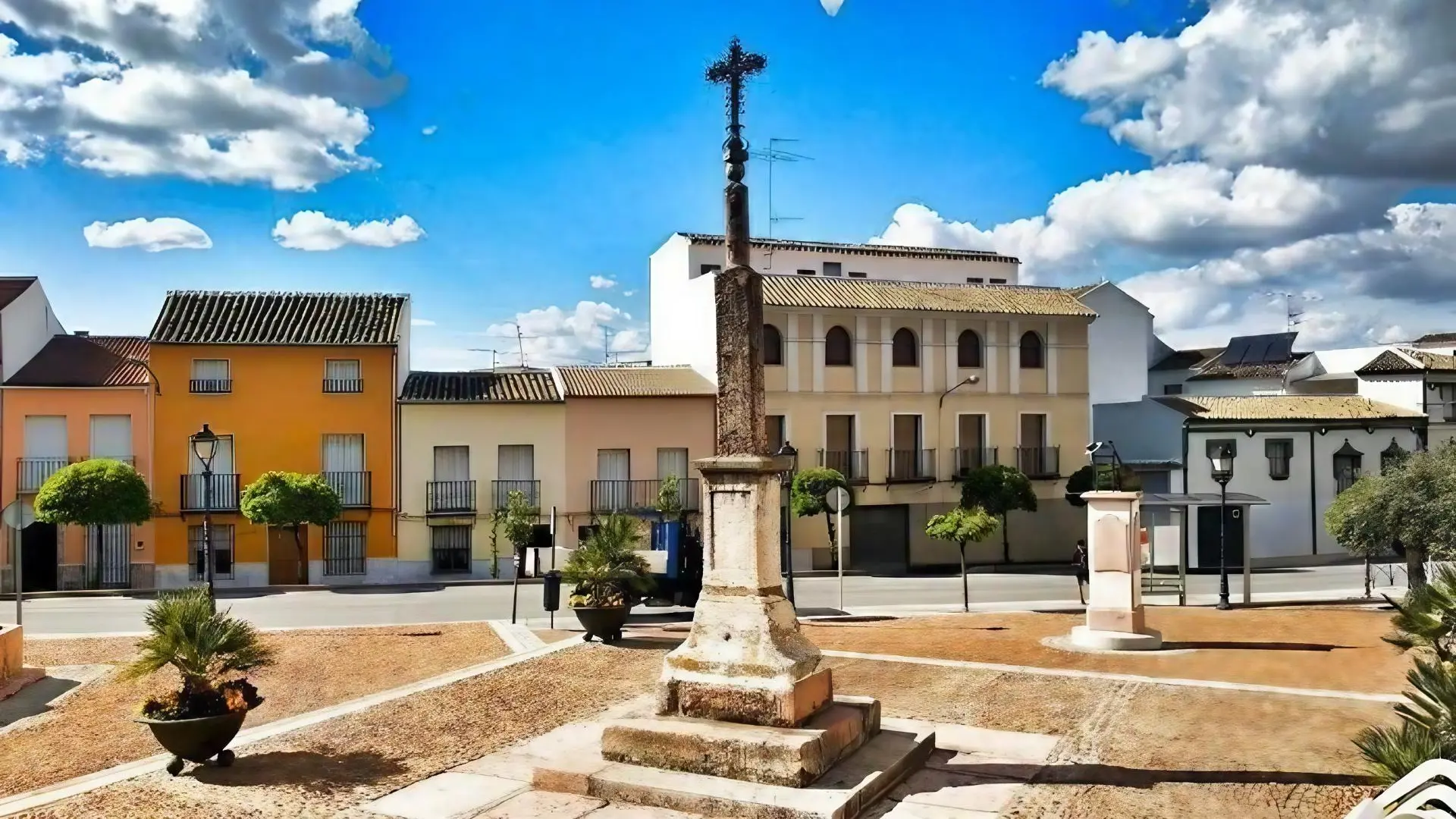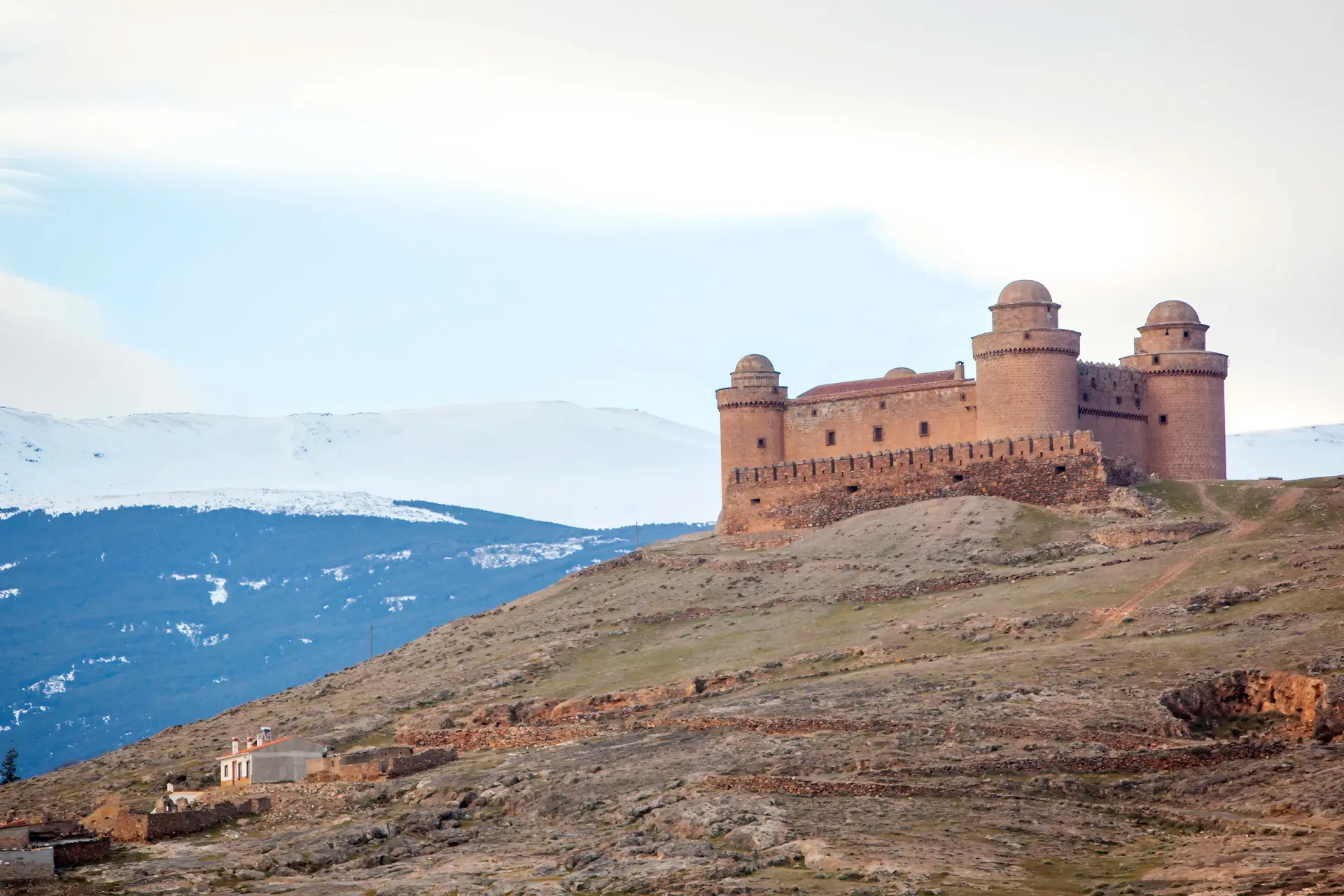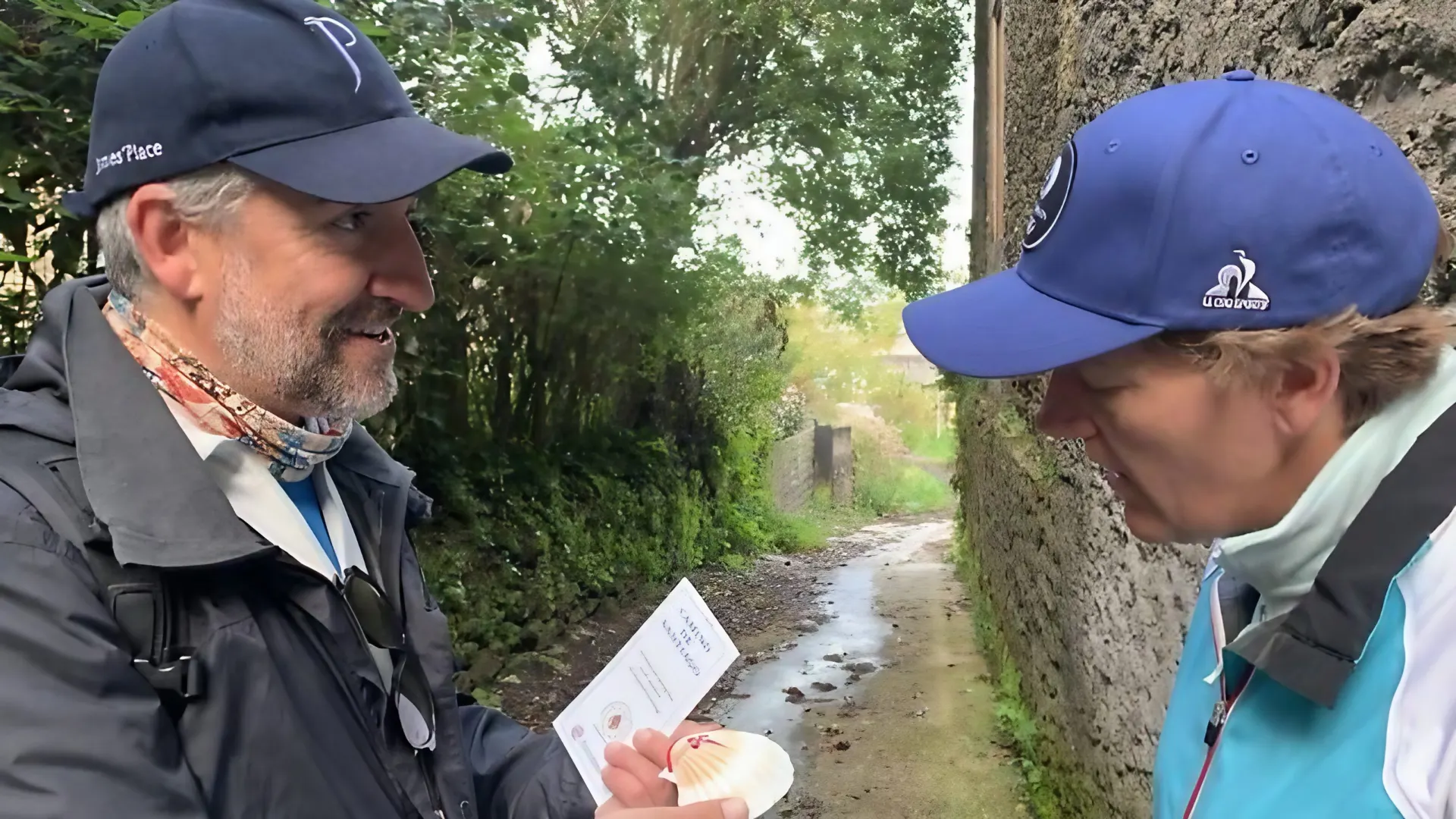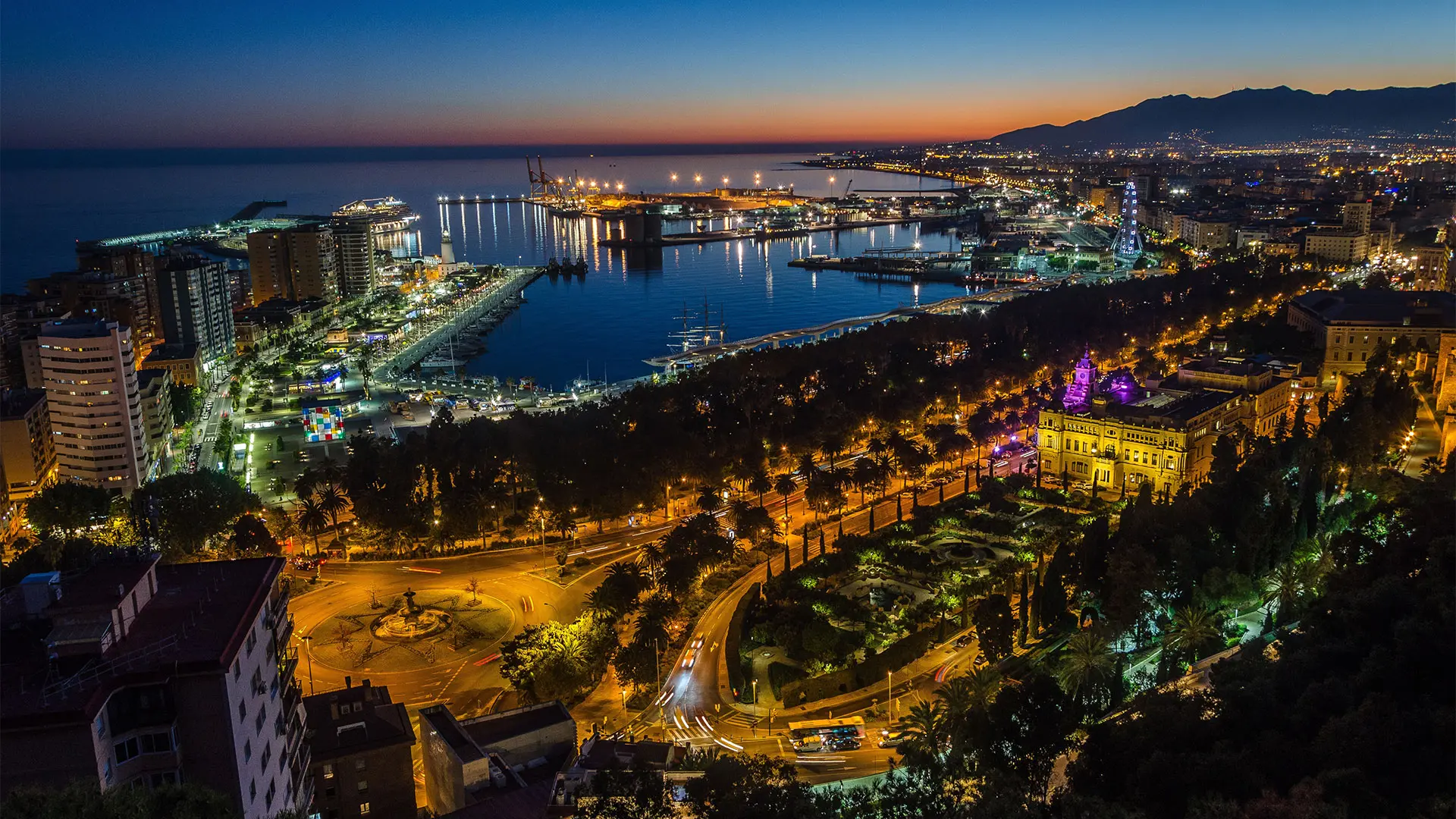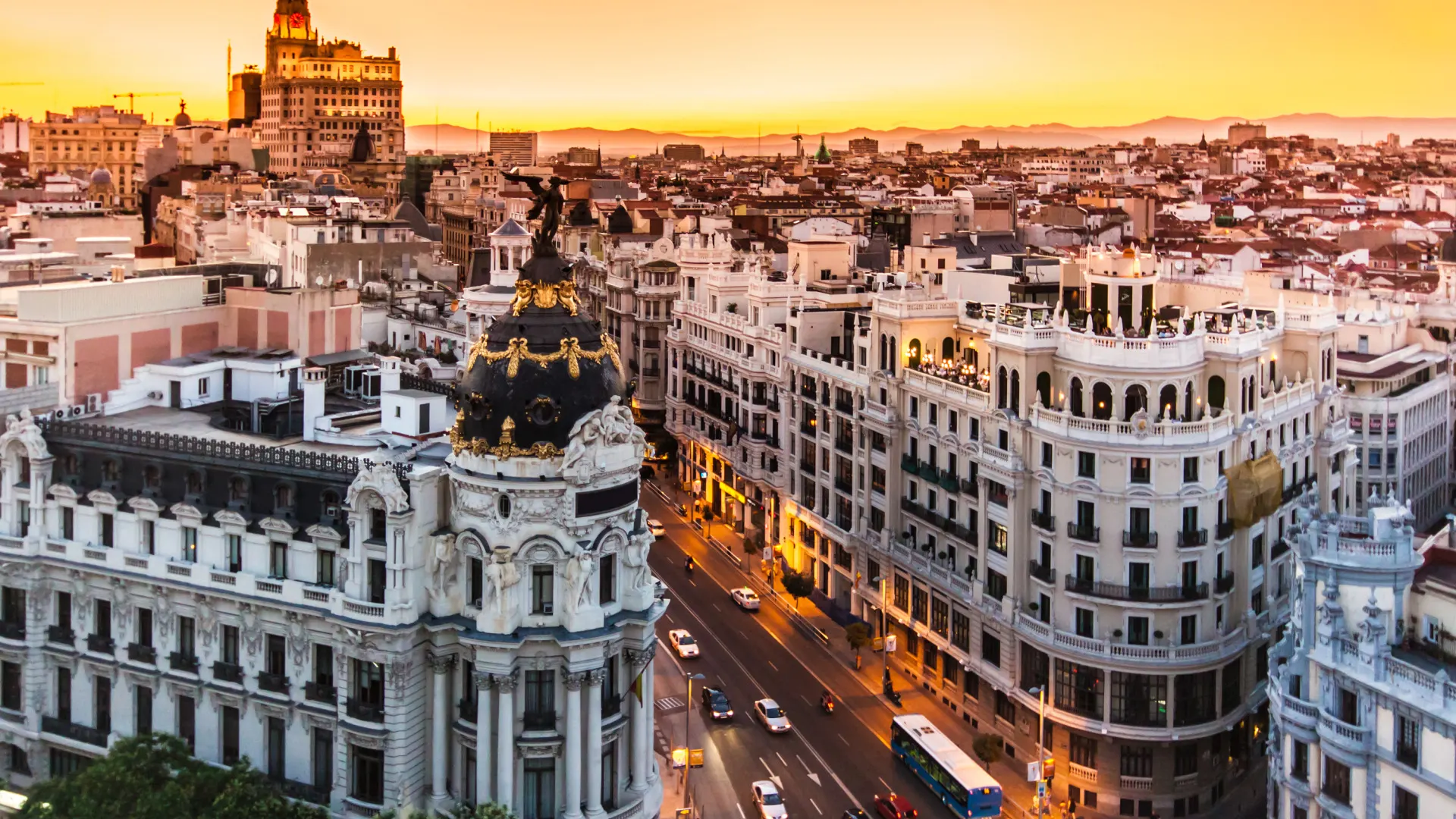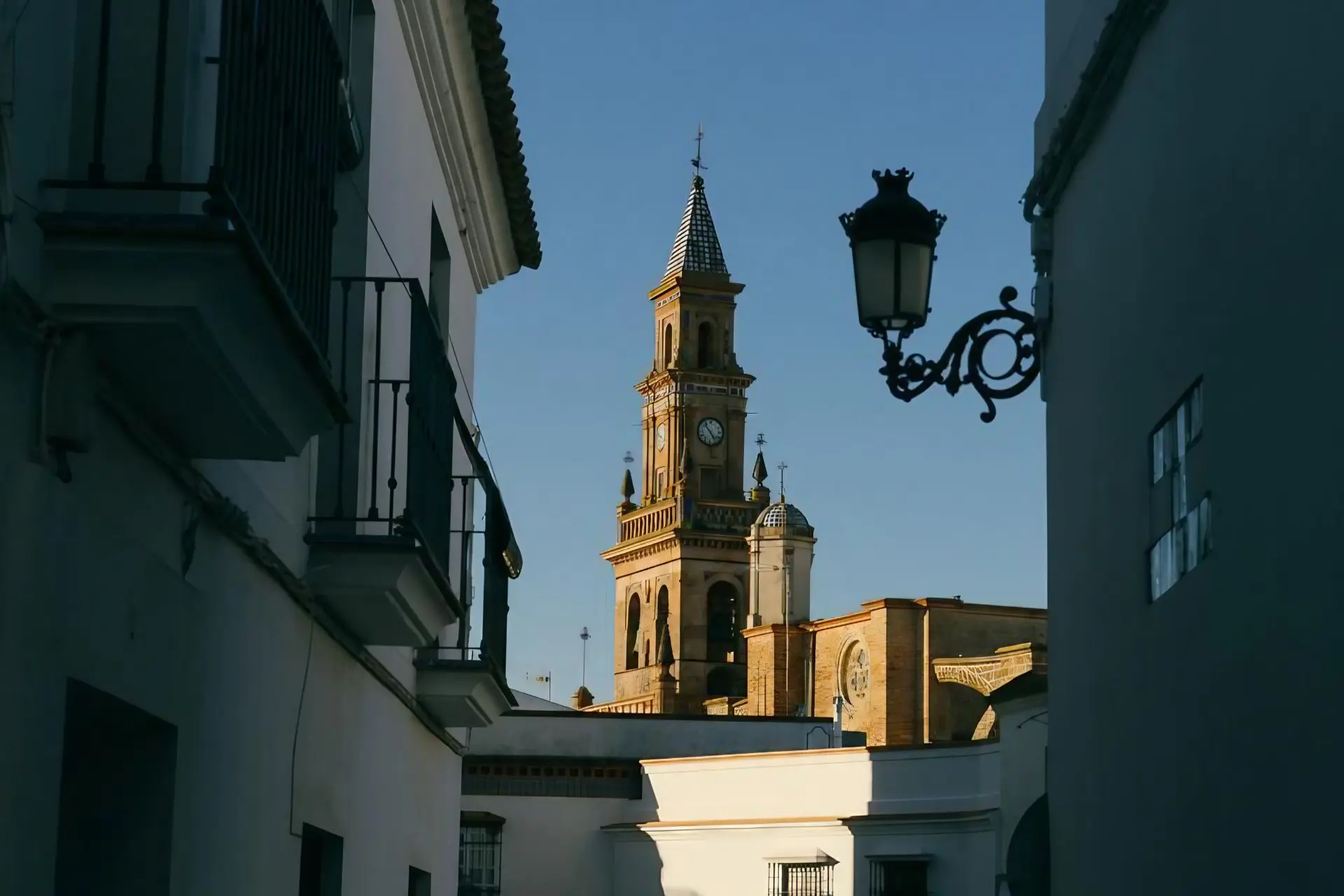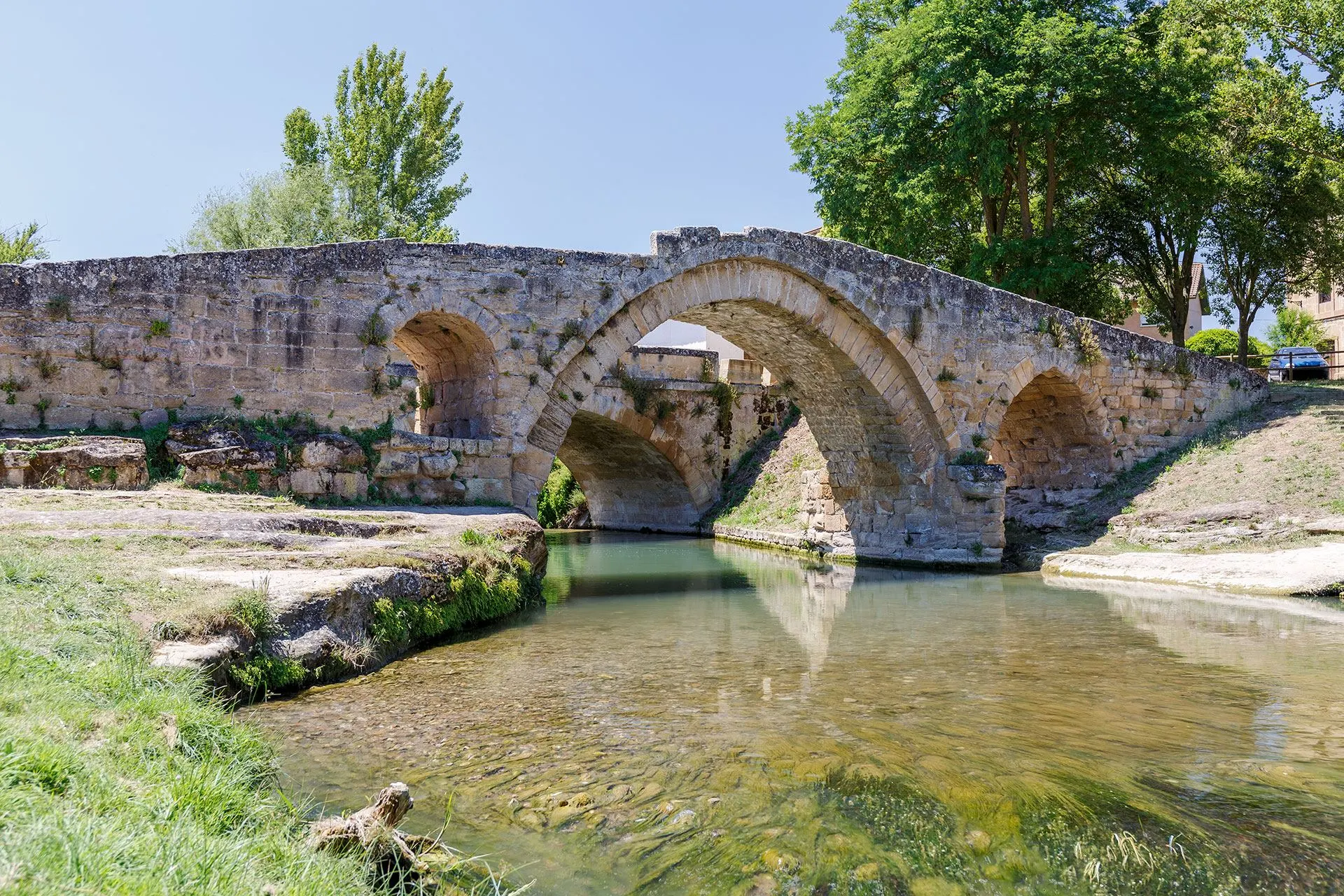Parts of Spain have been destroyed by record amounts of rainfall this autumn, labelled by experts as some of the worst weather conditions to have afflicted the country in years. Local residents have been forced to stand by and watch as their homes and businesses are obliterated by torrents of flood water, devouring everything in its wake in a relentless wave of destruction.

The flooding has also caused fatalities: at least eight people have been reported dead in Spain, amongst them a firefighter from Antequera. The 47 year old man lost his life during a rescue mission to nearby Campillos, when his truck was overturned on a flooded road. His two colleagues narrowly escaped a similar tragedy by struggling free from the vehicle before it was swept away in the deluge of floodwater.
The extreme weather has plunged parts of Spain into a state of disaster: with emergency services in the Malaga region claiming to have have responded to more than 800 incidents over the course of a single day. Helicopters were called to rescue stranded families from the rooftops of their decimated houses and fire services have been struggling to prevent further danger by dragging abandoned cars from the rapidly moving waters coursing through town centres.

The rains were caused by a particularly brutal “wet flow” moving in across Spain, the result of the combined forces of two storms, originating in the Atlantic and the Mediterranean respectively.
The storms first hit in the Balearic islands, causing the death of 10 people in Mallorca -amongst them a British couple – before sweeping into the region of Valencia on the 18th of October. The rains then steadily moved south across the country. Malaga province was hit particularly hard, with Spanish met office AEMET reporting 352.2mm of rainfall in one 24 hour period on the 21st of October. These battering rains and the sudden plunge in temperatures – referred to in Spanish as la gota fria, or cold drop – are said to be the worse adverse weather Spain has experienced in well over a decade.

The Southern region of Andalucia has borne the brunt of the destruction. Residents of the town of Campillos, situated on the flat plains between Antequera and Ronda, have suffered countless damage to their homes and local businesses. Many parts of the town endured the further indignity of being left without drinking water for five consecutive days, after the local supplies were cut off by flood damage.
Campillos town hall has rallied to help its citizens: supplying trucks with over 800.000 litres of clean water in an attempt to rectify the shortage, and announcing a total of almost 17.000 euros received in charitable donations. The town hall have outlined their intentions to distribute this money amongst the citizens most affected by the flooding, much to the gratitude of local residents. The town facebook page is inundated with offers to help from concerned neighbours, proffering everything from clothing to kitchen equipment to the people who have seen their homes and possessions destroyed in the flood.

Further structural damage has been incurred in the clifftop town of Ronda. The resident baños arabes, a series of elegant Moorish bath houses adorning the river banks beneath the town’s iconic bridge, El Puente Nuevo, were badly affected last week as a result of the extreme rainfall. The ancient structures of the bath houses, which date back to 13th century, were unable to withstand the force of the water when the Guadalevin river burst its banks, tearing down the exterior walls and brutally flooding their interior. The baths, once considered to be one of the best preserved monuments of their kind on the Iberian Peninsula, are being inspected by specialists from La Junta de Andalucia Regional Rovernment to assess the damage. The flooding was so extreme it also caused several cyprus trees, said to have been planted in the 1940s, to collapse into the river. Ronda town hall has claimed the baths could cost up to 100,000 euros to restore.
One of Spain’s prominent caviar producers have reported damages to their business as a result of the flooding. Rio Frio Caviar, based in the province of Granada, specialize in the production of organic caviar for supply to some of the most exclusive restaurants in Europe. Unfortunately, the recent flash flooding has wreaked havoc on their production sources. Many of the sturgeon fish, whose eggs are harvested to make caviar, have been swept away by the extreme quantities of water in the rivers. Despite incurring such losses, the business has vowed to bounce back, saying: “With the continued effort of our fantastic team, we aim to have things back up and running within the shortest time possible.”
The coastal town of Estepona has also suffered the devastating effects of the unprecedented rainfall, with the council estimating up to 1 million euros of damage having been sustained. Officials have reported damage to 25 roads – constituting a total of over 94km in length – and have called in electrical companies to help rectify damaged pylons strewn across the town, toppled by the driving rains and battering currents. Last week dozens of homes in the villages surrounding Estepona still remained without electricity.
The last few days have seen the slow clean up process commence. Despite further rainfall predicted in the upcoming week, towns have pulled together in an attempt to reconstruct their shattered communities, with teams of locals and volunteers working throughout the day to clean up debris from the streets.
Spanish tennis superstar Rafael Nadal has swapped his racket for a broom in his efforts to help, returning to the town of San LLorenc on his native island of Mallorca to assist residents in their ongoing attempts to restore order after the storm. “This is a sad day for Mallorca” Nadal said on his twitter page, before offering the buildings of his nearby tennis academy as shelter to anyone left homeless by the storms.


